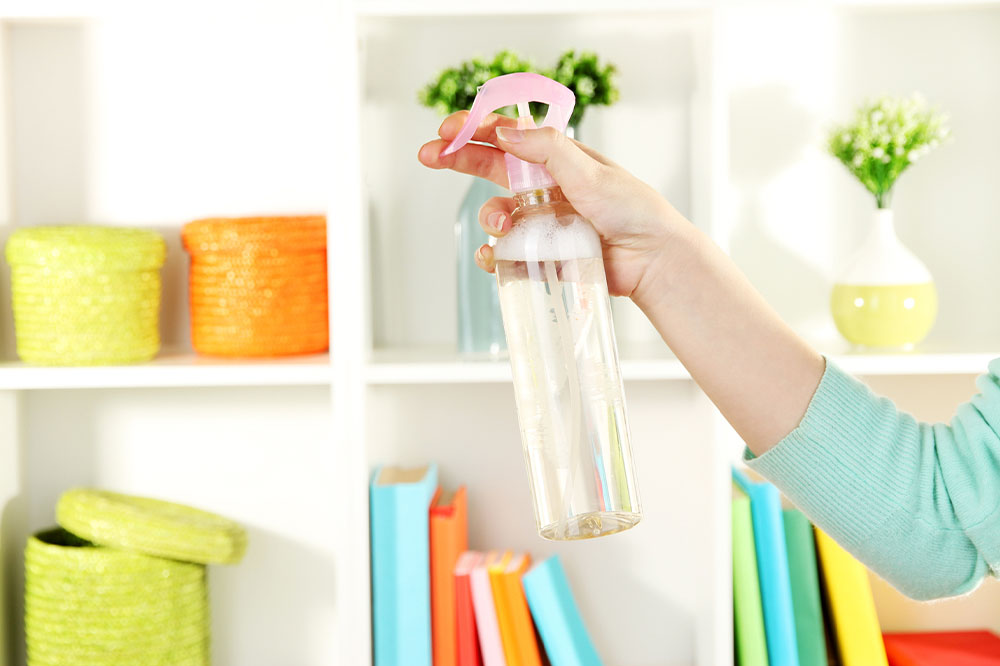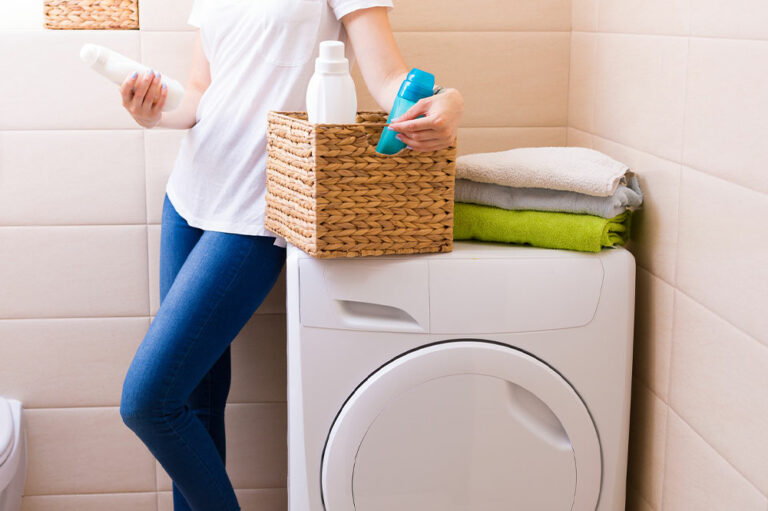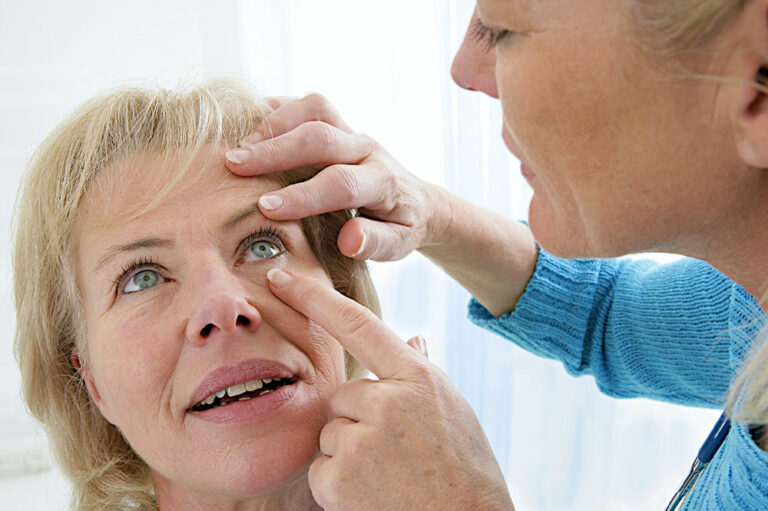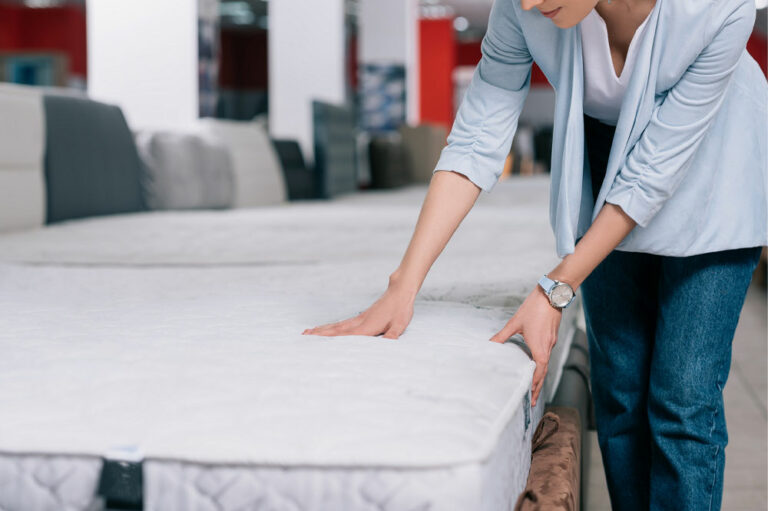
10 household products that are harmful to lung health
A healthy home environment involves recognizing and minimizing potential health hazards. This includes being aware of certain household items that can trigger respiratory problems. You may not be able to completely stop using some of these products, such as cleaning supplies, paints, etc. However, you can take a few precautions while using them to minimize the health risk to your lungs. Here’s a comprehensive list of household products that are harmful to lung health.
Aerosol sprays
Many household products come in the form of aerosol sprays. Certain makeup products at home, such as hair sprays, also are packaged in aerosol sprays. While this type of packaging makes it easier to use these products, they are harmful in the long run. These sprays usually have volatile organic compounds (VOCs) as key ingredients. These compounds release harmful chemicals into the air in your home. When there is prolonged exposure to these sprays, there can be occurrences of lung disorders and respiratory health problems.
Fabric softeners and dryer sheets
Fabric softeners and dryer sheets make it convenient to do laundry. However, it is important to be wary of certain brands of these products. Make sure to read the label and avoid anything that contains chemicals that release VOCs. When released into the air, these compounds can lead to short-term respiratory issues, allergies, asthma, and lung irritation. A better alternative to these household products is to use wool dryer balls and natural fabric softeners such as baking soda or vinegar. Natural organic fabric softeners are also a healthier choice.
Cleaning products
To maintain the cleanliness and hygiene of a home, cleaning products are the most essential items. However, most of these products, particularly floor cleaners, toilet cleaners, and window cleaners, contain chemicals. These include ammonia, chlorine, and bleach. These chemicals release toxic fumes. Prolonged exposure to these can cause respiratory issues and lung disorders. So it is important to read the labels of these products for instructions on proper use. Moreover, it is helpful to use these products in well-ventilated spots and use protective gear such as gloves and masks.
Scented candles
Scented candles provide a calming ambiance to every space. However, lighting up that fancy fragrant candle every day for long hours can do more harm than good to your lungs. Most of these candles emit fine particles and soot as they burn. Breathing in these particles can irritate the lungs and worsen respiratory issues. A better alternative would be to use unscented candles. Other healthier options include candles made from natural ingredients such as beeswax or soy-based ones.
Carpet sprays and deodorizers
The carpets in your home are perhaps the biggest collectors of germs and foul odors. If you find yourself reaching out for the carpet spray or deodorizer frequently, make sure you read the label before use. Most of these common household products contain harmful chemicals such as formaldehyde. These chemicals settle in the air inside the house. Breathing in this toxic air regularly can cause several long-term health problems associated with damaged lungs.
Paint and solvents
Whether planning to renovate or do a DIY project for your home, you must be careful regarding the paints and solvents you will use. These products contain volatile and toxic chemicals such as xylene and benzene. Prolonged exposure to these chemicals can harm the lungs. Therefore, you must read the label to check the percentage of these chemicals present in the paints and solvents you are using. Always ensure proper ventilation when using these products and when you leave them to dry on the walls and other surfaces. Also, consider looking for low-chemical options at your local hardware store, or opt for natural and organic alternatives.
Air fresheners
Used for masking unpleasant odors, air freshers often have a regular spot in many homes and nearly all vehicles. Although their air freshening effect is temporary, the health effects are generally permanent. This is because most brands of these products use a lot of chemicals, such as phthalates, to produce that pleasant artificial fragrance. Inhaling these chemicals continuously can trigger respiratory health issues, asthma flare-ups, allergy reactions, and lung irritation. If air fresheners are a must-have for you, opt for natural alternatives such as pot pourri or natural flowers.
Nonstick cookware
While they make it easy to cook with less oil, nonstick cookware also has side effects. You need to be careful that they are not overheated. If this happens, harmful fumes are released due to the coating of polytetrafluoroethylene or PTFE. It is commonly known as Teflon. This coating is what makes the cookware non sticky. At the same time, it is harmful to the lungs when overheated. So always be careful while using this cookware. To eliminate the risk of respiratory health problems, you can choose to use stainless steel, cast iron, or ceramic cookware.
Wood-burning stoves and fireplaces
When temperatures drop, it’s cozy to sit around a warm fireplace. Similarly, wood-burning stoves can add delicious flavors to roasted foods and wood-fired pizza. However, it’s important to be cautious when using these regularly as they release fine particulate matter and toxic carbon monoxide. Exposure to these harmful substances over a long period of time can be damaging to your lung health, leading to respiratory issues and worsened symptoms for those with preexisting lung conditions.
Mold and mildew cleaners
The growth of mold and mildew in your home has its own host of problems that trigger respiratory allergies and issues. At the same time, the cleaners that you use to get rid of the mold can also be harmful to your lungs. These products contain strong cleaning agents such as bleach that combat the mildew and mold at their roots. These chemicals can have detrimental effects on lung health. So always follow precautionary measures while using these products. Keep the space well-ventilated, and wear masks. Make sure to read the instructions well before use. You can also choose natural alternatives or hire professionals for safe removal procedures to limit respiratory exposure.





